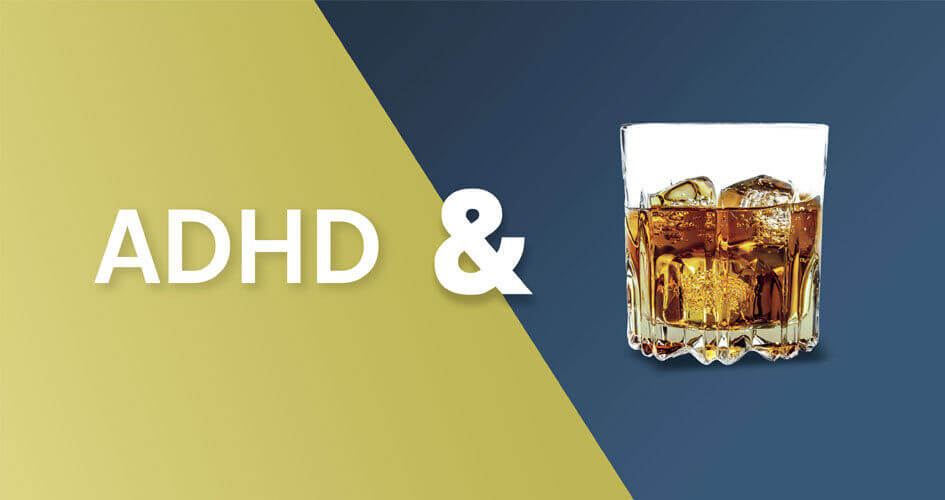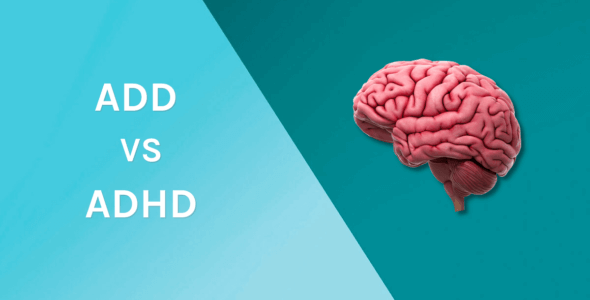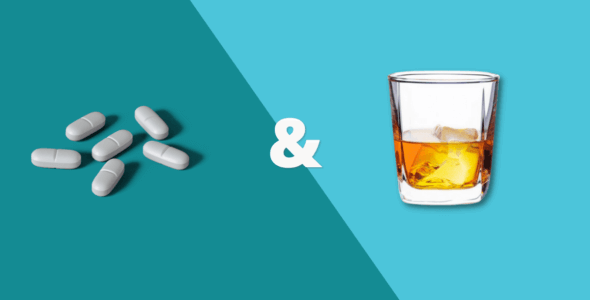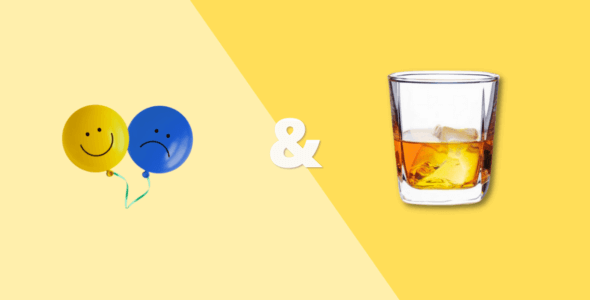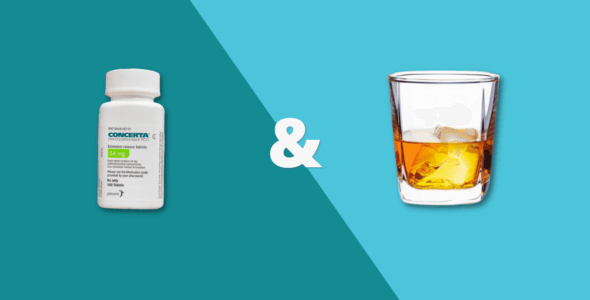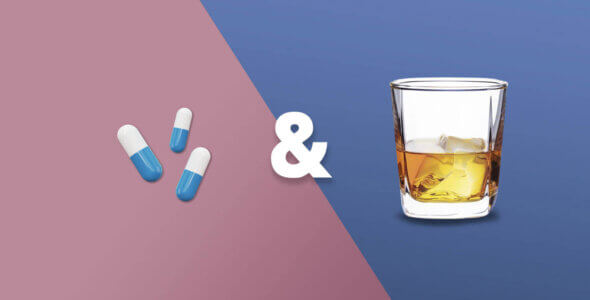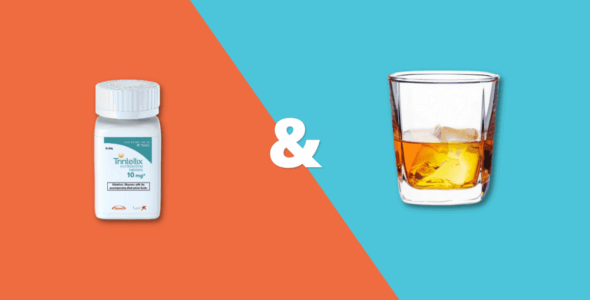ADHD and alcohol
Table of contents
Research has shown there is a powerful link between attention deficit hyperactivity disorder (ADHD), alcohol misuse, and substance use disorders. If you have a diagnosis of both ADHD and alcohol use disorder, this is known as a co-occurring disorder. In 2019 8.8% of US children were diagnosed with ADHD. A Centers for Disease Control and Prevention report described ADHD diagnosis as the most prevalent among children aged 3-17 years. It usually begins in childhood, and often continues through adolescence into early adulthood and beyond. Adult ADHD figures in the US are estimated to be 2.5% by The American Psychiatric Association.
In this guide, we will discuss these links, how alcohol affects people with ADHD, its treatment, and how alcohol interacts with ADHD medications.
What causes ADHD?
ADHD can be caused by your genes. Parents and siblings of ADHD children are on average 4-5 times more likely to have the disorder than the general population. Research shows there is a reduction in dopamine involved in some chemical pathways in the brain in ADHD patients. Dopamine is a chemical that influences our behavior, encouraging our brain cells to take certain actions.
Some symptoms of ADHD:
- Inattention
- Poor decision making
- Poor impulse control
- Easily distracted
- Interrupting
- Frequent mood swings
How do we treat ADHD?
Short-acting central nervous system stimulant medications such as Adderall and Ritalin, as well as intermediate and long-acting stimulant medications such as Vyvanse, Mydayis, Focalin XR and Concerta, reduce the symptoms of ADHD to make the condition much less of a daily problem. By working on the central nervous system they increase activity in areas of the brain that help with concentration and behavior. They work specifically on the brain chemicals dopamine and norepinephrine. Dopamine in particular is involved in allowing you to feel pleasure, focus, and find things interesting.
Treatment for ADHD is commonly arranged by a specialist in the psychiatry department. Non-medication treatment programs involving cognitive behavioral therapy and psychological counseling are also an option.
How does alcohol affect the brain in comparison to ADHD medication?
Alcohol has the opposite effect as a stimulant. It decreases central nervous system activity i.e. it is a depressant. Logic may make us think these drugs cancel each other’s effects. However, alcohol changes how your body processes ADHD medication when taken together leading to adverse side effects.
Stimulants will mask the effects of alcohol, causing you to drink more than you would regularly, even leading to binge drinking. While those struggling with ADHD may expect it to help them relax and tone down their hyperactivity, it often has the opposite effect. Additionally, alcohol’s effect on thinking, memory, and behavior is enhanced when a person has ADHD.
Why are people with ADHD more likely to abuse substances?
Drug use and increased alcohol consumption are seen to be common behaviors used as a means of self-medication to help ease the symptoms of ADHD. In the short term, alcohol abuse may solve your problems but this often leads to alcohol addiction causing a much greater issue. Teens and adults with ADHD often turn to substances during their teenage years.
Research data taken from 2005-2011 showed that in adolescents aged 12-17 years – 4.7% had an illicit drug use disorder and 4.2% had an alcohol use disorder in the past year.
Substance abuse allows sufferers to calm their thoughts so that they may better concentrate. They are more likely to overindulge in drugs or alcohol, without properly considering the consequences of doing so. Taking drugs and drinking alcohol may allow them to fit in with friends and colleagues.
Higher rates of comorbidities such as mental health conditions, alcohol dependence, and drug abuse are seen in people with ADHD developing in early adulthood.
Where to get help?
If you or your loved one has ADHD and is struggling with substance abuse talk to your healthcare provider. Get support, your doctor can help you make decisions that reduce your risk of misusing substances.
The National Institute on Drug Abuse is an online resource available for you or someone you are concerned about.
Medically reviewed
A medical professional has reviewed this article.


Jamie Winn, PharmD
Jamie Winn, PharmD
Dr. Jamie Winn received his Doctor of Pharmacy in 2002 from the University of South Carolina College of Pharmacy, Columbia, SC. Jamie is a medical reviewer for NiceRx.

